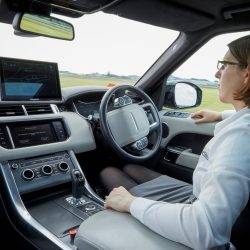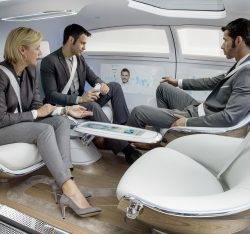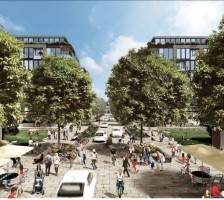July 30, 2018
Driverless vehicles will be on our roads within three years, claim industry experts
 Car companies, ride-hailing services and car industry technology suppliers each have their own prediction for when driverless cars will be ready to take to highways and city streets. Consultancy BDO has carried out a meta-analysis of a range of predictions and forecasts and concludes that autonomous vehicles will arrive in early 2021. There are some differences though, according to thh authors. Averaging out the predictions, car companies think that driverless technology will be ready around 2 am on June 11th, 2021. Ride-hailing services and technology suppliers are a bit more optimistic. They predict that autonomous car technology will be ready by midnight, March 14th, 2020.
Car companies, ride-hailing services and car industry technology suppliers each have their own prediction for when driverless cars will be ready to take to highways and city streets. Consultancy BDO has carried out a meta-analysis of a range of predictions and forecasts and concludes that autonomous vehicles will arrive in early 2021. There are some differences though, according to thh authors. Averaging out the predictions, car companies think that driverless technology will be ready around 2 am on June 11th, 2021. Ride-hailing services and technology suppliers are a bit more optimistic. They predict that autonomous car technology will be ready by midnight, March 14th, 2020.





















 Despite holding firm in 16th place, the UK is being outpaced by greater improvements in female employment prospects in other OECD countries, according to PWC’s latest
Despite holding firm in 16th place, the UK is being outpaced by greater improvements in female employment prospects in other OECD countries, according to PWC’s latest 







May 18, 2016
What the imminent arrival of driverless vehicles will mean for the way we work 0
by Mark Eltringham • Cities, Comment, Flexible working, Technology
(more…)